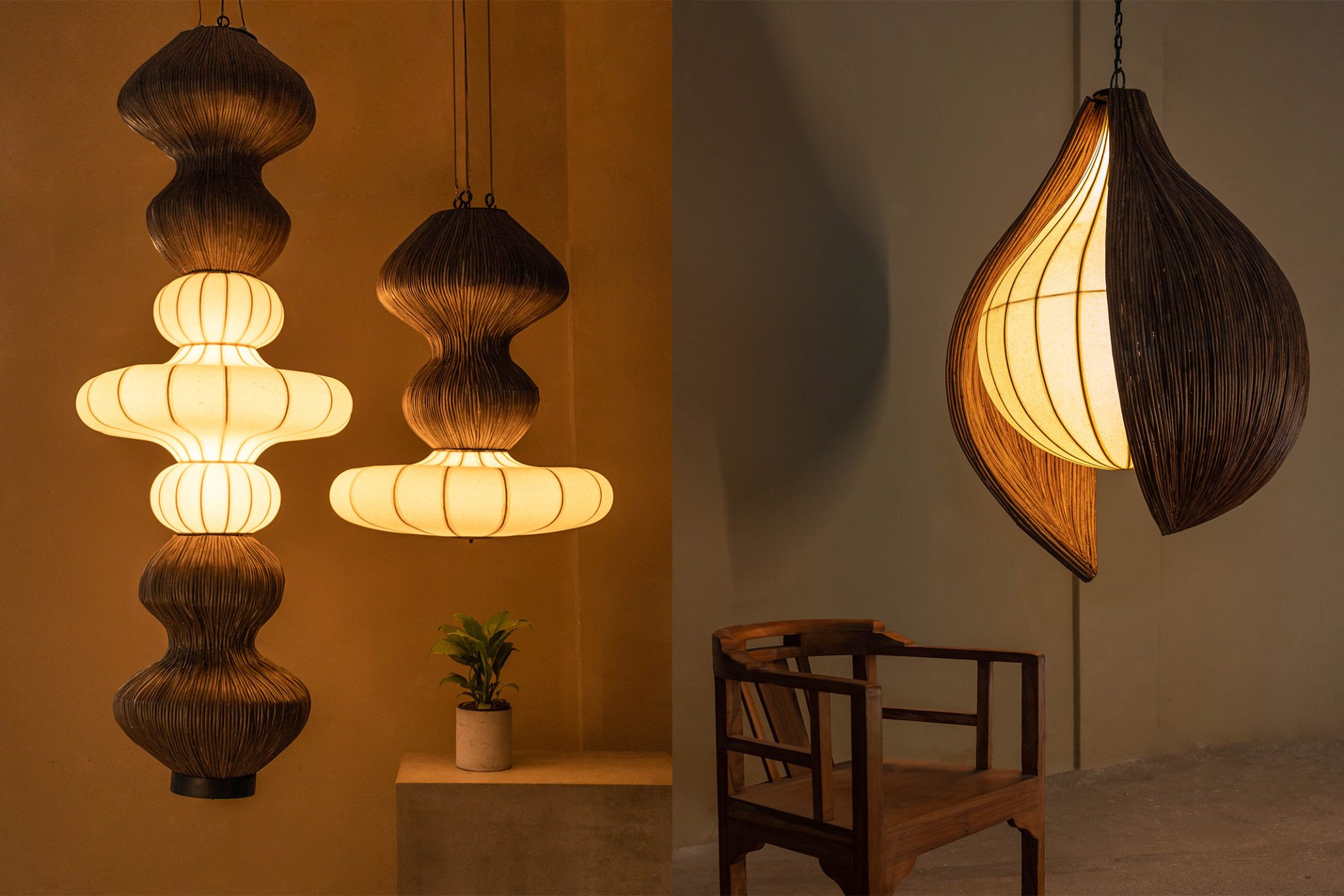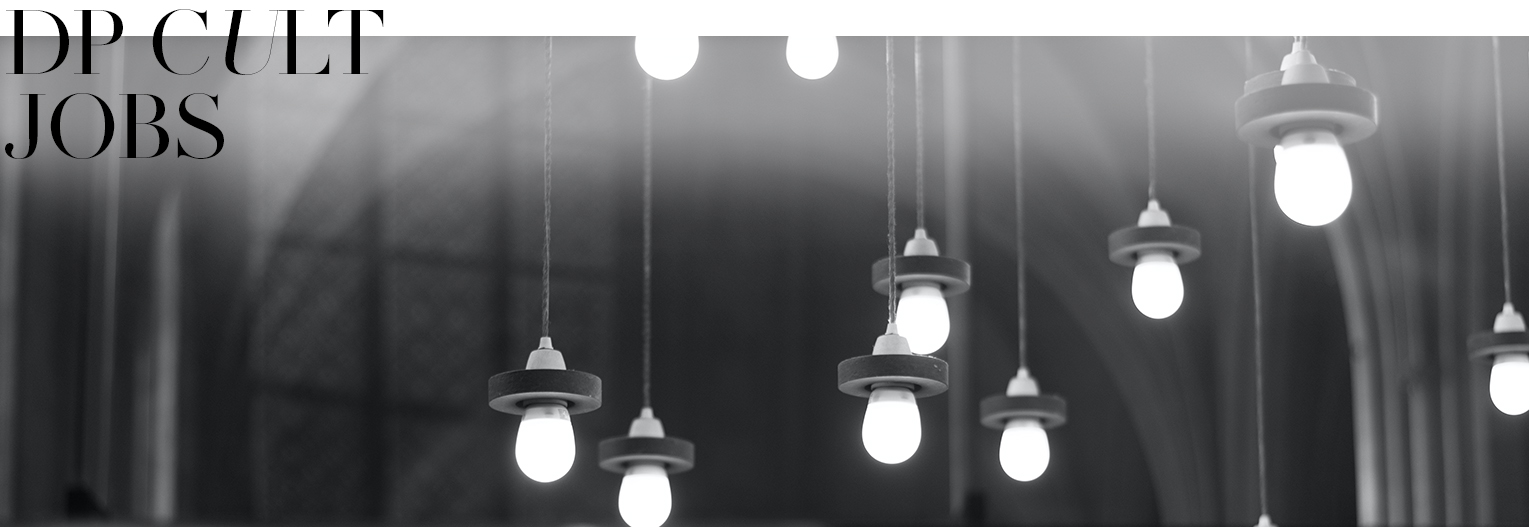Gautam Sinha, the Founder and Creative Director of Nappa Dori, drives the brand’s visionary creativity. Renowned for propelling Nappa Dori from a single store in Delhi to over 12 locations, his design ethos merges Indian heritage with international aesthetics. With a background in fashion accessories and a love for leather, Sinha’s approach reflects minimalism and detail-oriented craftsmanship. He epitomizes a new generation of Indian designers with globally acclaimed products, including the popular Café Dori concept.
Design Pataki: Can you briefly describe your journey from starting in Hauz Khas to the global brand that Nappa Dori is – showcasing creatively crafted spaces and products?
Gautam Sinha: It’s been almost 13 years since I started in Hauz Khas, I was only trying to do something that would nurture me in a way and get my creative juices flowing. I didn’t have a clue how it would happen and how it would manifest or what would happen, but I knew that I needed to do something. I was creatively drained out working for other people and designing for other people, and this was my outlet to do something. I wasn’t looking at making a brand per se; I was just trying to make a living and it’s more to do with that.
Reality is a lot different than what podcasts and other publications end up putting out. But the fact of the matter is, then, I was completely broke. I wanted to do something that I could enjoy and at the same time, I could self-sustain. I had no clue how to start a brand, there was no guideline to anything, and it was all going on impulse. So that’s what I did. I started with a little tiny scooter garage that I found––not even a hundred square feet– and decided on a few products that I thought were nice. That’s where it all started!
Design Pataki: Minimalism has often been associated with a lot of European cultures, but you seem to have worked in a uniquely Indian approach to minimalism. Can you tell me more about that?
Gautam Sinha: I’m trying to coin the term ‘Indian Minimalism’ in a way which does not exist, and we are trying to be the flag bearers of that in some way, showing products which are high on craft and the DNA of the product is still very Indian but has a very global palette. It’s got a global recall in that aspect….You don’t need to be from Japan Denmark or India to understand a quality product.
I don’t know how the whole minimalism of DNA came around in the last 13 years and as it evolved. I started my career designing a lot for Scandinavian countries, so I picked up on certain things which I like, and I think over the years I have picked up on things which resonate well with me in terms of how I see design, and I’ve always tried to translate that into my products.
I’m a very visual person, and I’m dyslexic, so for me, visually expressing myself is important—an uncluttered, very clean narrative of everything that I do. And that kind of resonates in the type of designs that come up at Nappa Dori as well. I think that’s worked for us because that’s something that people found new in India, at least when we started doing some bags which were clean and just had stitching details and had a certain price tag to it. People came to us and asked, why is this at that price when I can get something different with lots of bells and whistles? And I was like because you’re paying for the design and not for the bells and whistles. So we’ve stood our ground on that and, it’s been kind of a hard run but a fruitful one.
Design Pataki: Three things you feel you did wrong and three you did right when expanding the brand to London & Dubai. How has that helped you shape the brand identity?
Gautam Sinha: Honestly, I did a lot of studying before I opened the store. It was not just that I wanted to open a store in London and that’s it. There is a budget, you need to have a plan and you have to see the location. I was in London for almost two years, sitting outside this one particular store that I liked: it was the seventh place on Monmouth Street. I felt the need to manifest this and make this happen—the store has to come to me because I know what I can create over there. We won that contract and that opened up the way for us. There was a lot more planning, but the transition was a breeze, to be honest. In London or Dubai, you have a plan, you have to stick to it. Because if you don’t have a plan, you will falter and you will lose and bleed a lot of money. We’ve been blessed to get the right location and at the same time have a product which transcends internationally, and globally, and has a certain language to it, which is kind of easy to plate for the audience.
Listen to the full episode here –



























































































































































